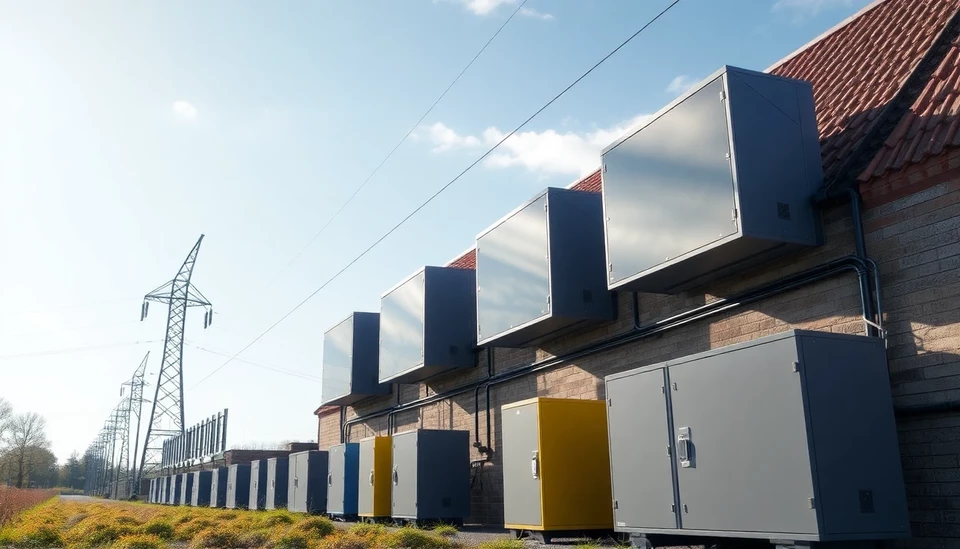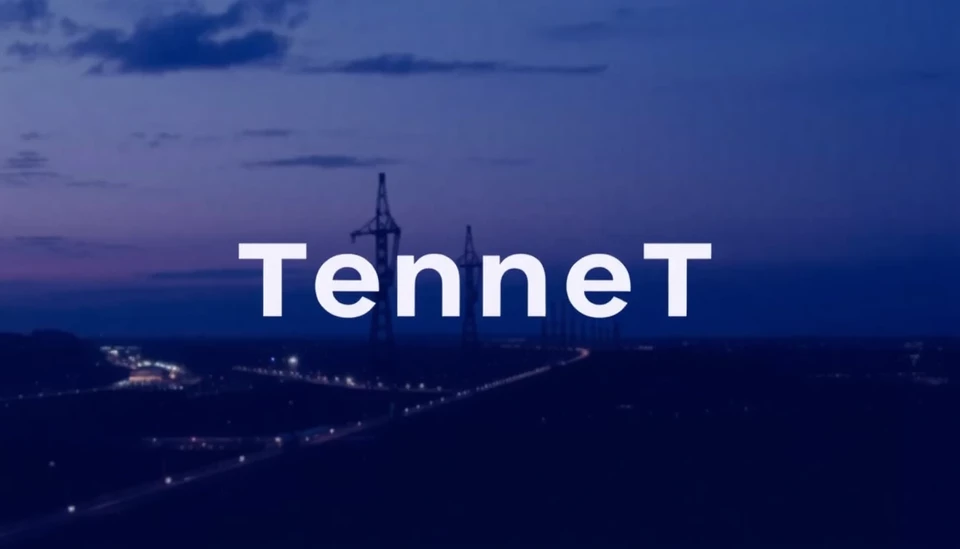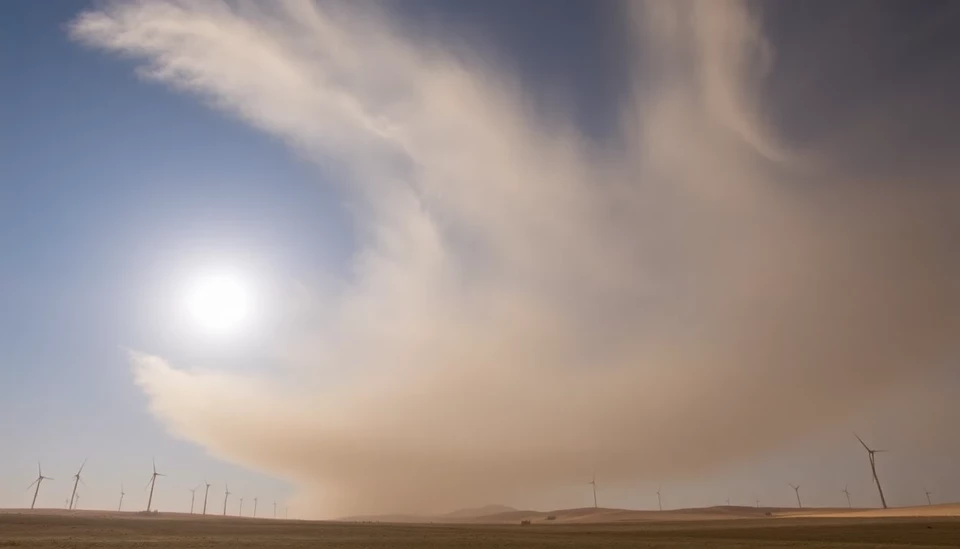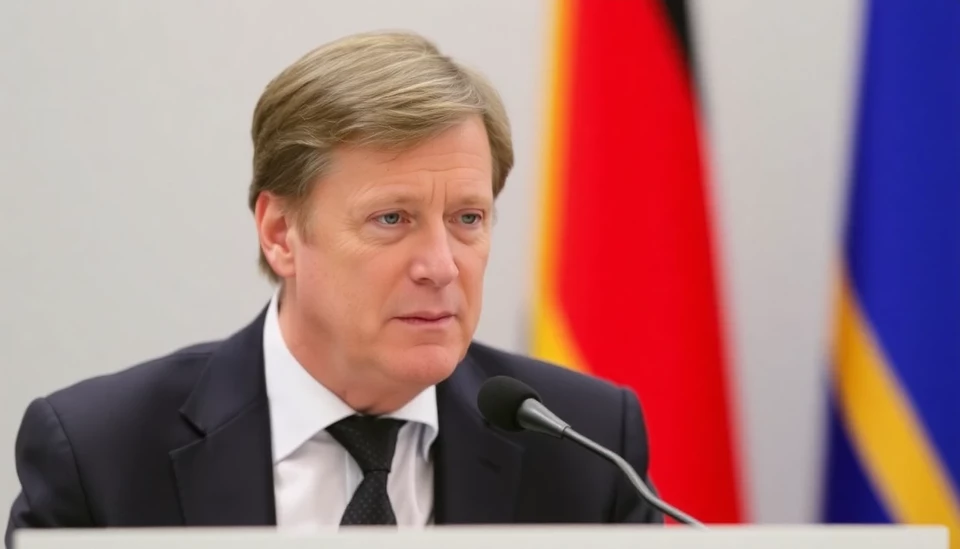
As Germany embarks on a transformative journey towards greener energy, the country is grappling with a significant challenge: the burgeoning demand for battery storage. With a notable emphasis on wind and solar energy, the rapid increase in battery installations is raising alarms among officials about potential congestion in the national power grid.
Germany's ambitious energy transition, known as the "Energiewende," has encouraged the proliferation of renewable energy sources. However, the simultaneous rise in battery installed capacity, particularly in residential and industrial settings, could exacerbate existing bottlenecks in the distribution network. Experts believe that without substantial upgrades to the grid infrastructure, the scenario could lead to a grid overload during peak production times.
The concerns are significantly heightened by the fact that battery systems, widely utilized for energy storage, are becoming an essential component of the clean energy transition. These systems not only store excess energy produced during peak sunlight hours but also provide backup power when production drops. Yet, the rapid deployment of these battery systems means that grid operators are under increasing pressure to manage their effects on power flows.
Germany's Federal Network Agency has reported a stark rise in renewable energy installations, with over 200,000 new photovoltaic systems added last year alone, coupled with a surge in battery storage capacity. While these developments are crucial for achieving climate goals, they are also an indictment of the slow-paced grid expansion efforts, characterized by lengthy permits and regulatory processes.
Various regions in Germany are facing distinct challenges, with rural areas often experiencing a faster adoption of renewable technologies compared to urban settings. The geographical discrepancies further complicate the grid management efforts, emphasizing the urgent need for a nationwide strategy that includes enhancements in grid infrastructure to accommodate this energy transition.
In addressing these concerns, stakeholders are calling for a reevaluation of national policies governing energy transition. Proposals include streamlining legal processes for grid expansion, increasing investments in energy infrastructure, and improving coordination between local utilities and grid operators. Furthermore, experts argue that smart grid technologies will be pivotal in effectively managing the complexities introduced by an influx of decentralized energy production.
As the nation navigates this rapid transformation towards renewable energy, the delicate balance between maintaining grid stability and achieving sustainability goals remains in question. The coming years will be critical in determining whether Germany manages to avoid power shortages and grid failures while continuing to push forward with its battery and renewable energy initiatives.
In conclusion, while the advancements in Germany's energy sector are promising in the fight against climate change, the accompanying grid congestion risk poses a significant hurdle. Easing these tensions through rapid infrastructural improvements will be essential to ensuring the future viability of the country's ambitious energy objectives.
#Germany #BatteryBoom #PowerGrid #RenewableEnergy #EnergyTransition #Energiewende #SmartGrids #Sustainability
Author: Peter Collins




